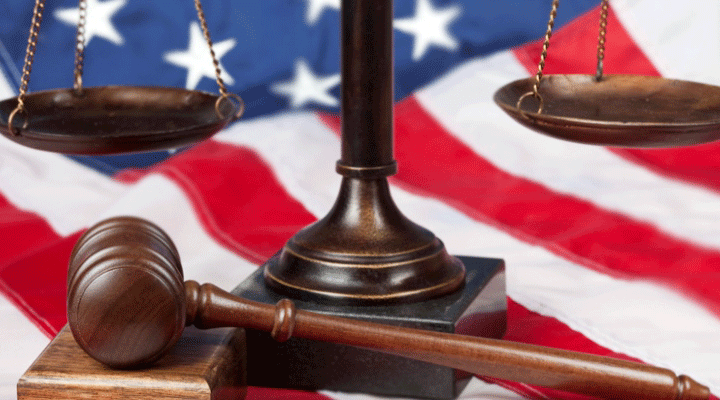If you’ve received a preliminary security clearance denial but subsequently won your case, you may have been surprised to learn that your victory is seemingly “conditional” – especially because governing regulations actually prohibit “conditional clearances”.
Such determinations, which typically arise in Department of Defense Guideline “F” (financial) cases, aren’t really conditional. Instead, these determinations essentially amounts to security clearance probation. It’s a nuanced difference, and arguably one of semantics over practicalities. The essence is that your clearance is granted or reinstated fully – but with the requirement that you continue making payments on a delinquent debt, complying with the terms of a legal settlement, or paying off back taxes. A stern warning always accompanies the decision memorandum: fail to comply and we’ll take the clearance right back.
Following Probationary Requirements
In some cases, what I call “probationary determinations” come with an actual reporting requirement that the applicant file, for example, quarterly or annual proof of compliance with federal security officials. It’s a simple task, but one which some clearance holders inevitably fail to complete. Don’t be that guy.
We’ve seen a handful of probationary determination cases in our practice, but they do seem to be on the rise – perhaps a tacit nod to the lingering impacts of the 2008-2010 financial crash. Although the legal basis for any type of probationary determination is highly questionable, our advice to clients in such a situation is not to kick a gift horse in the mouth. Instead: (a) go above and beyond in compliance with the imposed conditions; (b) be grateful it wasn’t a denial; and (c) don’t worry about any fallout of a probationary determination on your employment prospects.
After all, a security clearance under these circumstance is still a security clearance and the government is entitled to predicate its adjudicative decisions on any lawful criteria it wishes. The burden of proof is always on the applicant to prove that maintaining a clearance clearly comports with the interests of national security.
This article is intended as general information only and should not be construed as legal advice. Consult an attorney regarding your specific situation.



